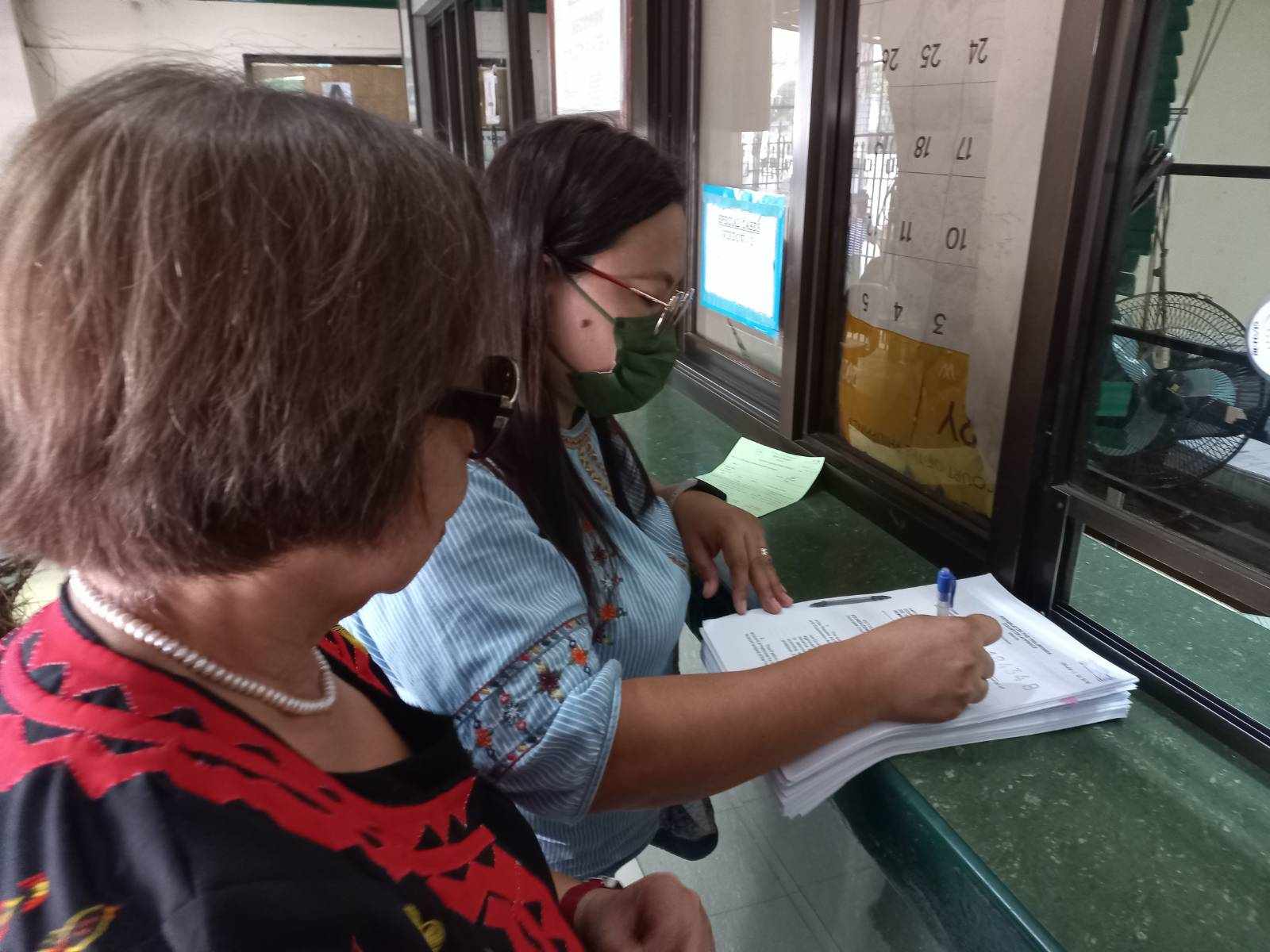NGO questions AMLC power to freeze its bank accounts at CA

CDRC questioned before the Court of Appeals the basis of the AMLC’s freezing its bank accounts. (Photo from CDRC Public Info)
MANILA, Philippines—A non-government organization that pioneered community-based disaster management on Monday questioned before the Court of Appeals (CA) the basis for freezing its bank account on May 10 by the Anti-Money Laundering Council (AMLC).
CDRC is the Citizens’ Disaster Response Network (CDRN) secretariat, which has regional partners nationwide that prioritize the most affected communities during disasters.
CDRC is also the lead convenor of the DRRNetPhils, one of the civil society partners of the government’s National Disaster Risk Reduction and Management Council (NDRRMC).
The bank accounts were frozen for allegedly financing terrorism as defined under Republic Act 10168 or the Terrorism Financing Prevention and Suppression Act of 2012.
Financing terrorism is penalized under RA 10168.
Article continues after this advertisementIt is the “willful intention” or “knowledge” to use public funds or property to carry out or facilitate the commission of a terrorist act or by a terrorist.
Article continues after this advertisementAccording to the AMLC, CDRC is the direct recipient of funds from the bank accounts of Leyte Center for Development Inc. (LCDe), which are subject to a separate freeze order.
CDRC explained that LCDe returned the funds as they exceeded what was intended for relief operations after Typhoon Agaton in April 2022.
“Hence, there is no probable cause to conclude that both CDRC and LCDe were engaged in criminal activity in light of the totality of circumstances,” said NUPL President Ephraim Cortez.
“The AMLC indeed serves as jury, judge and executioner in conducting bank inquiries, determining probable cause, and issuing freeze orders — all without notice and hearing or judicial intervention,” he noted.
“Worse, there is no immediate recourse for them because the law does not require that they be notified of the freezing,” he said.
“They are also allowed to file petitions like this only within 20 days from the issuance, not from notice, of the freeze order,” Cortez added.
He also cited the experience of non-government organizations (NGOs) like the Rural Missionaries of the Philippines (RMP), the Amihan Federation of Peasant Women (Amihan), and the LCDe, whose operations were paralyzed before the courts could act on their petitions.
The petition filed by CDRC includes a challenge to the constitutionality of the AMLC’s power to issue freeze orders, which may violate due process and the right to freedom of expression.
“This malicious tarnishing and freezing of assets belonging to red-tagged NGOs creates a chilling effect on their advocacies and stifles their right to utilize their resources to pursue aims that otherwise fall under protected freedoms,” stated Cortez.
Meanwhile, Dr. Susana Balingit said that freezing CDRC’s account “has severely affected our operations. At present, we still cannot access our frozen account.”
“It has brought fear and anxiety to our employees. Although most are aware of the dangers of humanitarian work, we have had discussions regarding human rights and other relevant laws,” the executive director of the CDRC pointed out.
“Considering that we have been red-tagged before, it still feels different when you are the target or subject of the freeze order,” she observed.